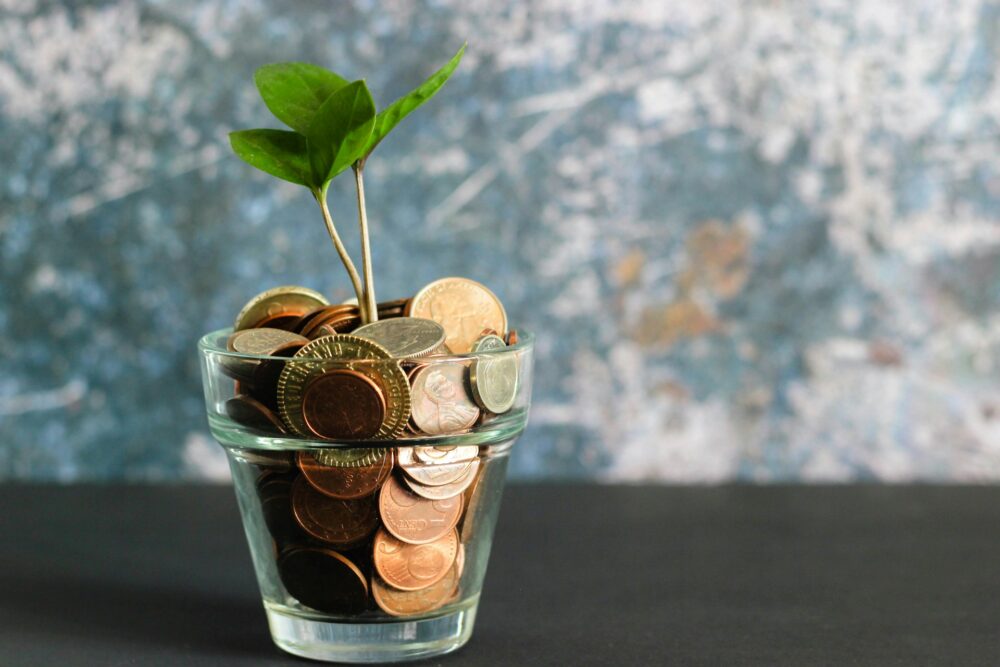Impact Investing
Lifebility Award: Three Sustainable Startups Awarded
The Lifebility Award, in its 14th edition, supports young founders under 35 with projects aimed at positively impacting lives. Beyond financial support, winners receive ongoing mentorship to scale their ideas into businesses. Supported by the Lions Association, the initiative has produced global successes. This year’s winners, ARGO, AI Vs Linfomi, and RigeneraDermo, exemplify youth-driven societal change.

Lifebility Award focuses on projects designed to change, at least in a small way, people’s lives. Teams made up of young people, with founders no older than 35. And support offered to winners that goes beyond simple financial support: for the entire duration of the initiative, and beyond, tutors are available to candidates to refine ideas and transform them into businesses capable of scaling.
This is the recipe for the Lifebility Award, an initiative that has reached its 14th edition and is supported by the Lions Association (in particular by the Multidistretto Italia 108) and which counts among its alumni cases of global success such as Brescia’s Isinnova.
Lifebility Award selected three winning ideas
Also this year the jury of the Lifebility Award, composed of experts and stakeholders from industry and academia, has selected three winning ideas from the many applications (over 1,500 proposals have been received over the years), which have taken home 5,000 euros each. Three winning projects of the Lifebility Award, all three very different from each other: united however by the possibility of creating a positive change in the lives of potential users, aiming to solve small and large daily problems.
“In the 14th edition of the Lifebility Award, we celebrate the innovation and extraordinary potential of young Italian startuppers – explained Claudio Sabatini , President of the Council of Governors of Lions Italia in a note – As Lions Multidistretto Italy 108, we feel the duty to support these initiatives. We are firmly convinced that young people can actually make a difference in defining our future”.
The winners of the 2024 edition were ARGO , AI Vs Linfomi and RigeneraDermo : “tangible examples of how youth commitment can lead to significant and sustainable changes in our society” concluded Sabattini.
What does ARGO do?
The key, in this case, is accessibility: ARGO – the name of a wearable device created by Sara Labidi, Giuseppe Campanale, and Daniela Bigon of the Iuav University – was designed to allow blind and visually impaired people to swim in the pool without the need for a companion. ARGO received the Lifebility Award.
“The main goal of Argo is to increase the autonomy and inclusion of blind swimmers, allowing them to swim safely and independently – say the three creators of the project – Furthermore, the project aims to respond to the needs of a wide audience, including those who use the pool for rehabilitation or physiotherapy”.
ARGO is applied to goggles, an essential accessory in the pool, and through a series of vibrations it is able to communicate to the swimmer when to make a turn or when he is deviating from the center line of the lane. The wearable , developed thanks to the advice of a visually impaired swimmer, constantly communicates with two remote devices to be placed at the two ends of the occupied lane: the latter contain a series of ultrasonic sensors, lasers and photocells, to guide the effort in the pool.
AI vs Lymphoma
We live in an age of data abundance, but the almost infinite amount of information cannot always be easily managed simply through the commitment of researchers. For this reason, Gaia Martire and Domenico Rizzato have developed an application infused with artificial intelligence capable of reviewing databases containing precious information collected in various studies of different scientific fields, so as to evaluate with a comprehensive view the biological effects of Burkitt lymphoma (BL) and diffuse large B-cell lymphoma (DLBCL), the most common types of non-Hodgkin lymphoma (NHL) in childhood. The project also received the Lifebility Award.
These are rather serious forms of cancer, with survival rates that are still quite low, especially in the case of recurrence, but in which some recent studies have highlighted common traits among patients who have managed to overcome them. “We will perform exome sequencing (WES) and transcriptome sequencing (RNA-seq) to identify the molecular characteristics that influence the prognosis of patients,” explain the two researchers.
“Then, an unsupervised analysis will identify groups of patients with common characteristics based on multiomic data ( information collected from different areas of biological study that analyze the complete set of molecular components of an organism ).” The final goal is to increase understanding of how the disease develops , also by evaluating the effectiveness (or side effects) of medical treatments.
RegenerateDermo
A project in the name of circular economy, created on the slopes of the Prosecco hills and which for this reason aims to exploit the waste product of winemaking, also received the Lifebility Award. The idea of Marco Ferrari , father of RigeneraDermo , is to give life to a cosmetics supply chain based on grape pomace, with a particular eye also to the sustainability of the packaging: no plastic bottles, but refillable tetrapack packages .
Ferrari has also thought of two different sales and distribution channels. The B2B one with HoReCa: making good quality products for toilets and rooms available to hotels and restaurants, in reusable and sustainable packaging, and guaranteeing constant supplies. And then, of course, the B2C: in this case the virtuous circle that eliminates plastic will be made easier by a refill mechanism guaranteed by a simplified purchase via special QR codes placed on the packaging, with the refills arriving directly to the end customer’s home.
__
(Featured image by micheile henderson via Unsplash)
DISCLAIMER: This article was written by a third party contributor and does not reflect the opinion of Born2Invest, its management, staff or its associates. Please review our disclaimer for more information.
This article may include forward-looking statements. These forward-looking statements generally are identified by the words “believe,” “project,” “estimate,” “become,” “plan,” “will,” and similar expressions. These forward-looking statements involve known and unknown risks as well as uncertainties, including those discussed in the following cautionary statements and elsewhere in this article and on this site. Although the Company may believe that its expectations are based on reasonable assumptions, the actual results that the Company may achieve may differ materially from any forward-looking statements, which reflect the opinions of the management of the Company only as of the date hereof. Additionally, please make sure to read these important disclosures.
First published in StartupItalia. A third-party contributor translated and adapted the article from the original. In case of discrepancy, the original will prevail.
Although we made reasonable efforts to provide accurate translations, some parts may be incorrect. Born2Invest assumes no responsibility for errors, omissions or ambiguities in the translations provided on this website. Any person or entity relying on translated content does so at their own risk. Born2Invest is not responsible for losses caused by such reliance on the accuracy or reliability of translated information. If you wish to report an error or inaccuracy in the translation, we encourage you to contact us

-

 Fintech2 weeks ago
Fintech2 weeks agoFintech Alliances and AI Expand Small-Business Lending Worldwide
-

 Crypto6 days ago
Crypto6 days agoBitcoin Steady Near $68K as ETF Outflows and Institutional Moves Shape Crypto Markets
-

 Fintech2 weeks ago
Fintech2 weeks agoDruo Doubles Processed Volume and Targets Global Expansion by 2026
-

 Business1 day ago
Business1 day agoDow Jones Stalls Near Record Highs as Inflation-Fueled Rally Awaits Next Move















